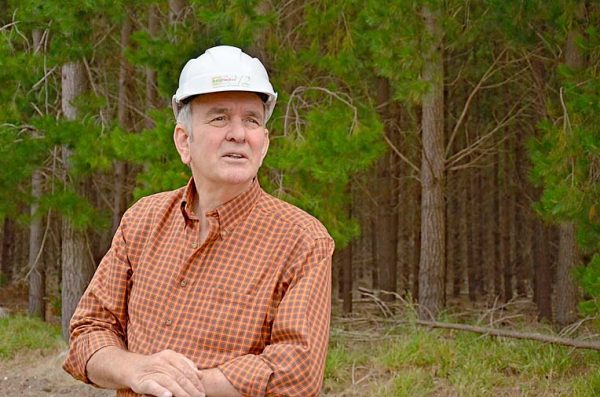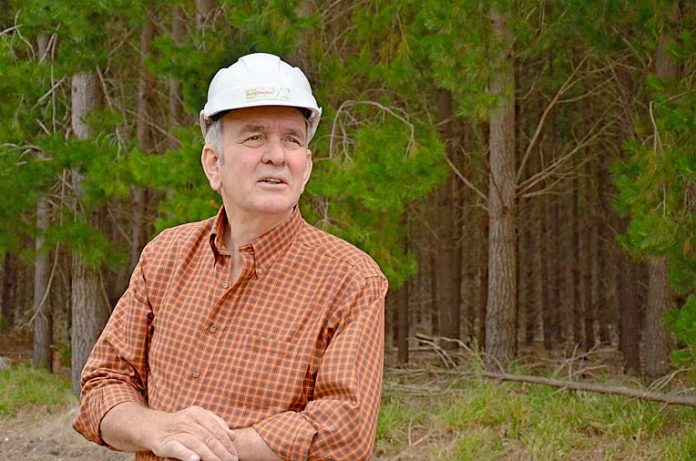
THE South Australian Timber Processors Association has welcomed calls for a parliamentary inquiry into wood exports, urging policy makers to examine the volume of log exports out of the region.
Timber processors association chief executive David Quill supported Mount Gambier MP Troy Bell’s multi-part motion, which seeks to examine supply agreement, export volume and economic benefit and employment opportunities from increased local processing.
Mr Quill said the motion, which further seeks to examine the compliance of the conditions surrounding the sale of the forward timber rotations, was “nothing less” than what the processing industry has long supported.
“There is nothing in that motion that we have not already brought up in open discussion with the minister and government representatives,” he said.
“We have been open and clear as to what the policies of the South Australian timber processing industry are, specifically that we seek appropriate amounts of raw material for the processing industry and the processors have appropriate terms of supply.
“As a consequence of that, we are opposed to material being exported out of South Australia through the Port of Portland that could be used for the existing industry.”
Figures suggest around 1.5 million tonnes of wood was exported from the Port of Portland last financial year.
Mr Quill said the export market was not only affecting processors, but industries such as construction and vignerons, both of which are experiencing shortages in timber.
He highlighted the shortage of timber posts in the vigneron industry, which winemakers say is hampering the expansion and maintenance of regional vines.
“The vignerons need four million posts per annum, but they cannot get the posts,” he said.
“While it is true the amount of export log has been reduced, a lot of material is being exported that could be well used by the post industry.”
Mr Quill challenged suggestions around higher prices for exported logs, saying processors were willing to match prices paid by overseas markets.
However, he said companies engaged in export would have likely made “significant investment” in areas such as Portland.
“That has been mooted as one of the reasons the level of export continues,” he said.
“Massive amounts of money has been spent on roads and infrastructure, but the only benefit is to the harvesting and haulage industry.”
It is expected Mr Bell will speak on the bill in early April.








